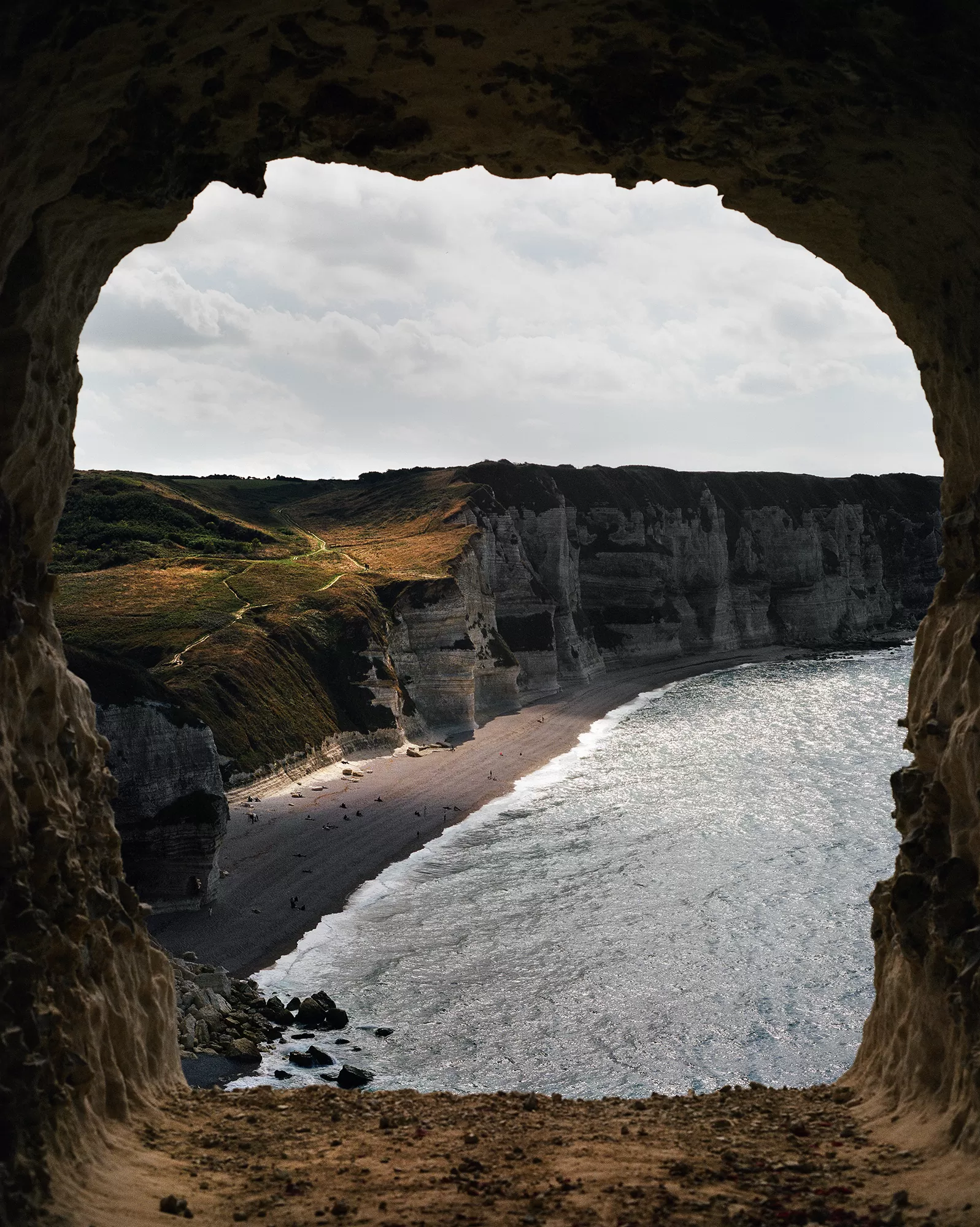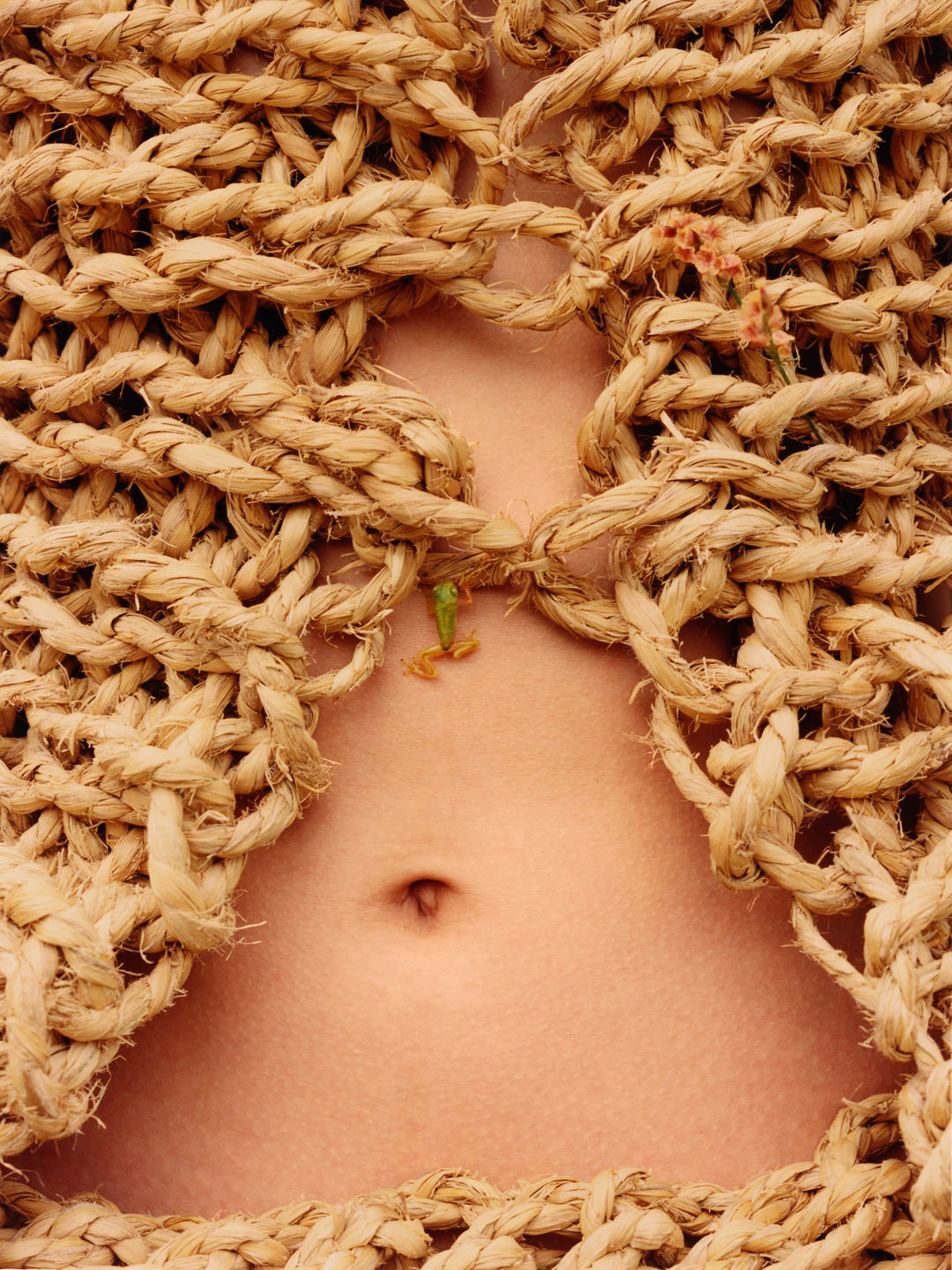THIS TIME TOMORROW
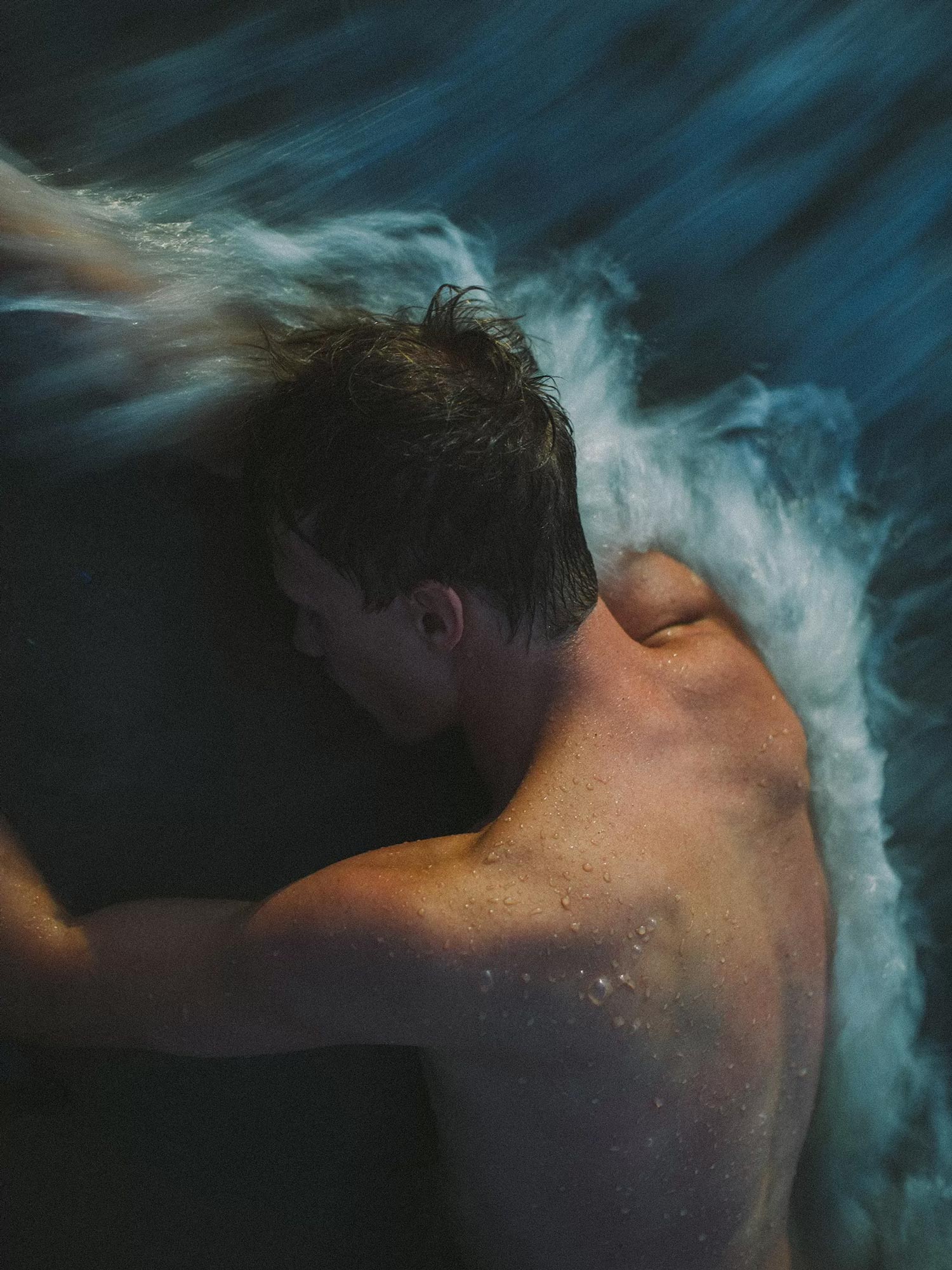
David van Dartel
Dutch seascapes and landscape paintings of the 17th century captured the spirit of a time when nature was both a source of livelihood and inspiration. Artists like Jacob van Ruisdael and Aelbert Cuyp were known for their detailed portrayals of wind swept coastlines, calm rivers, and serene pastoral scenes. Their works often emphasized the dramatic interplay of light and shadow, the raw power of the sea, or the quiet grandeur of rural life. These painters skillfully balanced realism with emotional depth, creating scenes that felt alive with movement, atmosphere, and human connection to nature. Fast forward to today, and the contemporary photography of David van Dartel offers a striking parallel. Like the Dutch masters, van Dartel captures the rugged beauty of nature, but through the lens of modern technology. His photography explores the dynamic relationship between the elements—sky, sea, and land—often focusing on the fleeting moments of light at dawn or dusk.
Van Dartel’s work shares the same fascination with texture and contrast seen in Dutch landscapes, yet he brings a new perspective with the immediacy and detail that only photography can provide. His images evoke the same emotional response, blending the timeless beauty of nature with a contemporary sensitivity to the environment’s fragility. Both the Dutch painters and van Dartel convey the sublime power of nature, but where the painters leaned on oils and brushstrokes to craft their vision, van Dartel relies on the precision of the camera to tell his story. In their own way, each immortalizes the landscapes that surround them, creating a bridge across centuries through art and nature.
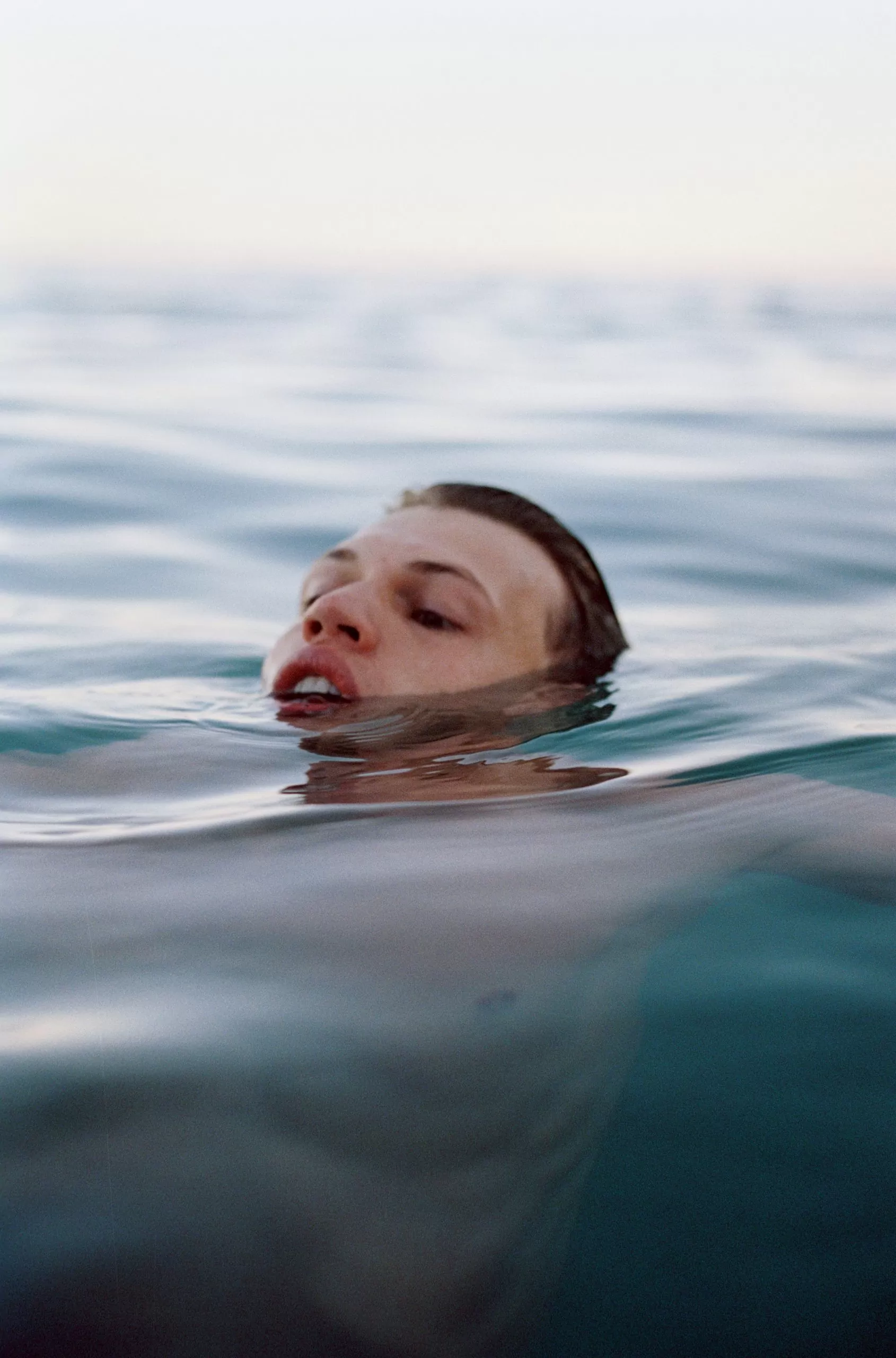
This Time Tomorrow is an intimate portrayal of the photographer friends in the Dutch island Vlieland.
Do you feel a direct connection to the Dutch tradition of landscape painting?
In a way my work is inherently linked to it because of the scenery: open fields, beaches with dramatic clouds. But to be honest I feel more connected to German Romanticism, because of the position of the subject: a lot of the time one person in large natural surroundings, often portrayed from the back. It’s something where I can project all my feelings onto. Much more focused on emotions and the connection with the (almighty) nature.
How did your interest for nature emerge?
Growing up in the countryside, the interest for nature evolved naturally while exploring the fields and forests around me. Everyday you’d be outside so that felt comfortable to explore with a camera.
The photographs from This Time Tomorrow seem unfolding like a short movie: dramatic, tender, sensual, vibrant. The only thing missing is sound. We would love if you could suggest a soundtrack for this project.
I’d say the song This Time Tomorrow of the Kinks! The series is a visual portrait reflecting my life with my friends in the beautiful nature of the Dutch island Vlieland. As long as I can remember, I have visited the little Dutch island of Vlieland. I spent endless summers there with friends. It’s a place where everyone is at ease. We swim, stroll around, and drink—but above all, we reflect on life, and for a little moment, we forget our lives at the other side of the sea. There is no schedule, it’s only us at that moment of time. That’s why I think the song and lyrics fit perfectly: this time tomorrow, where will we be?
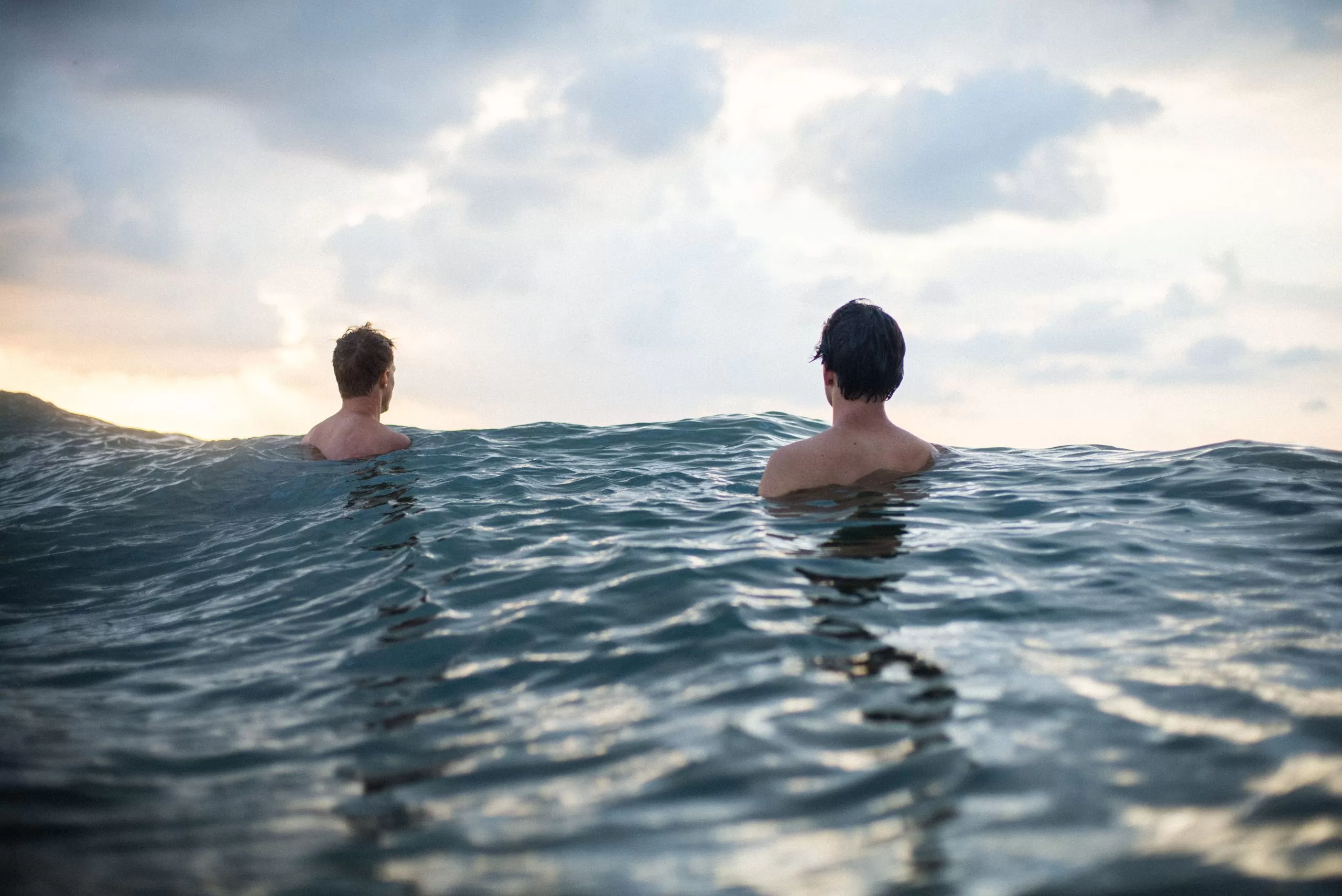
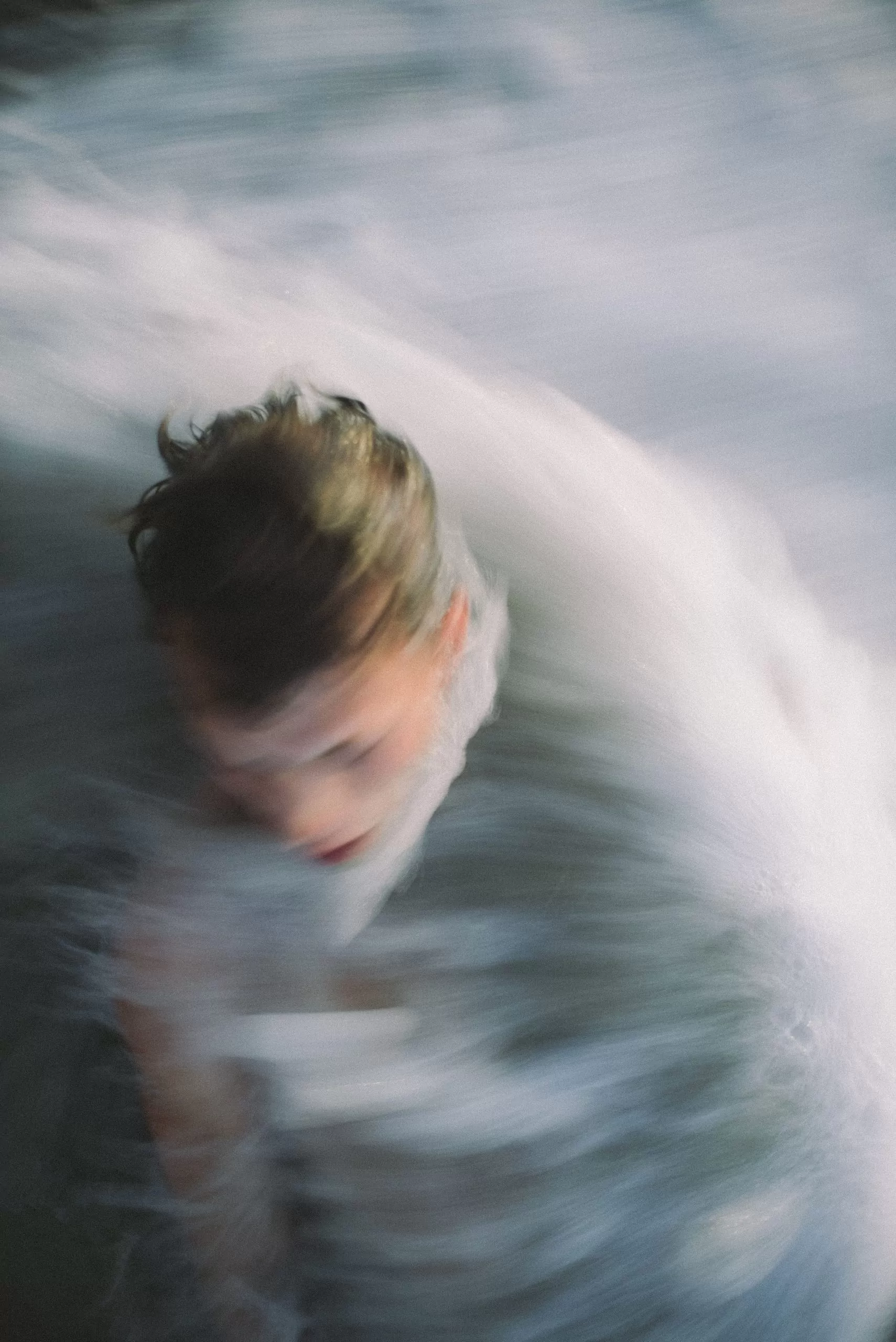
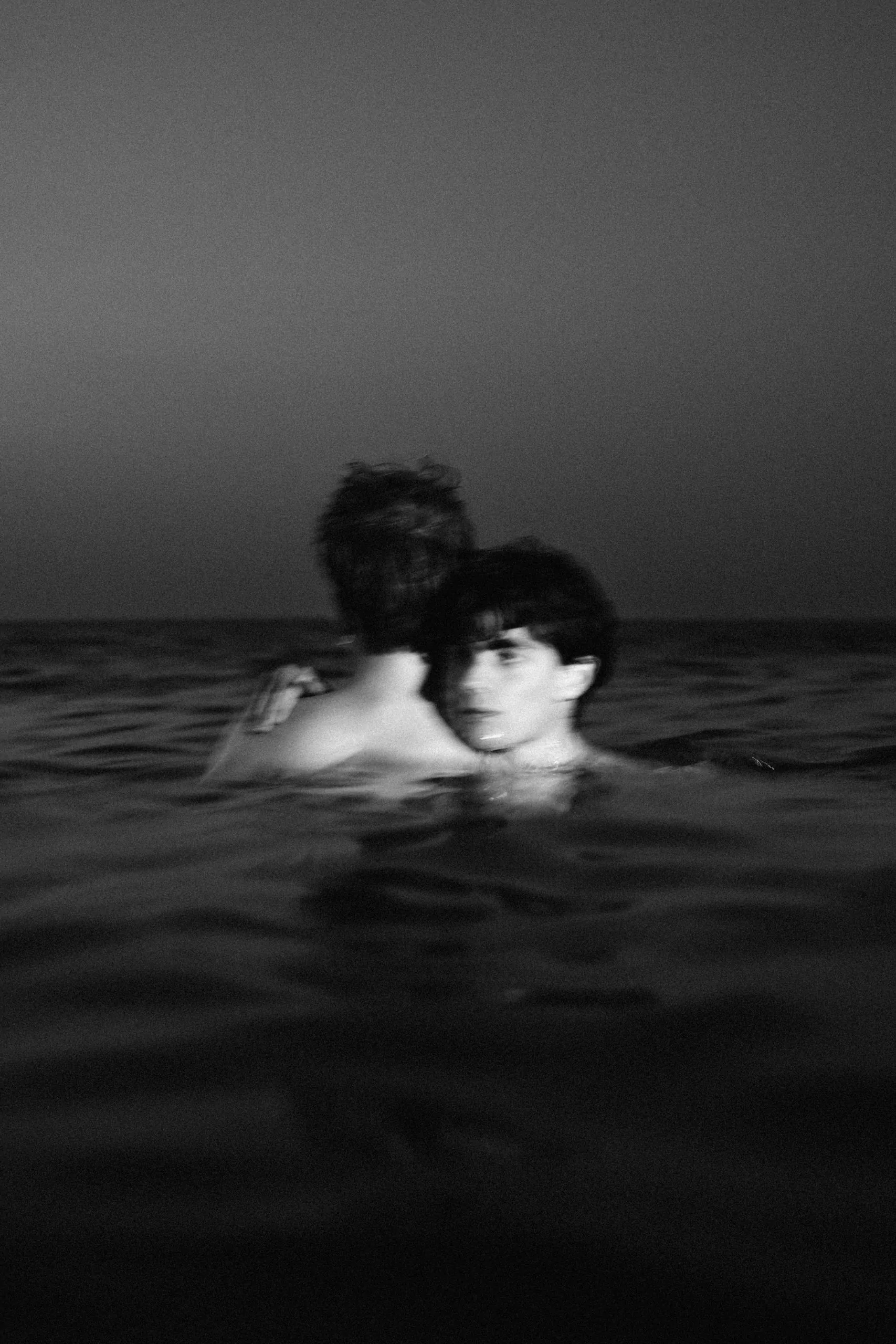
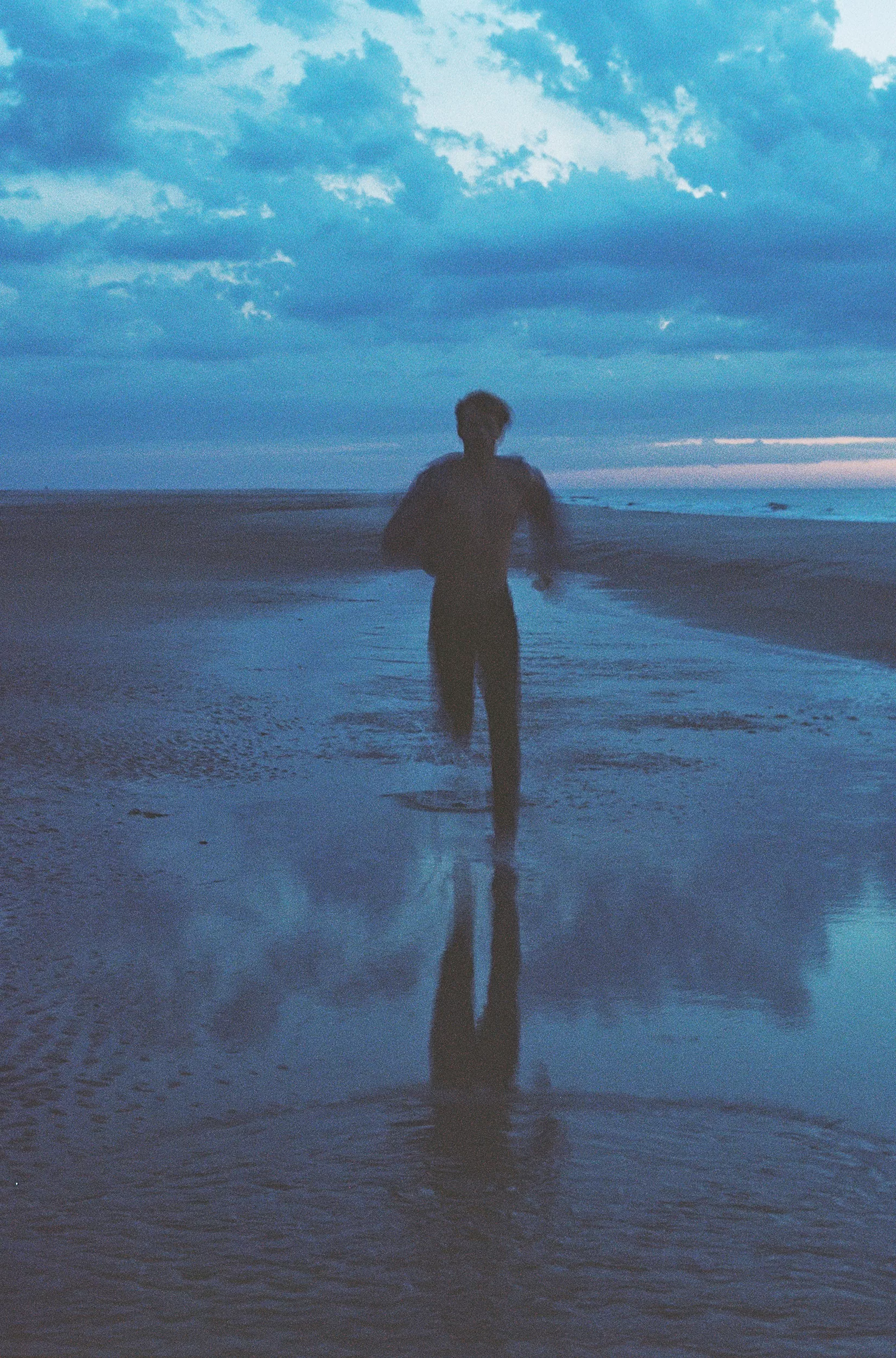
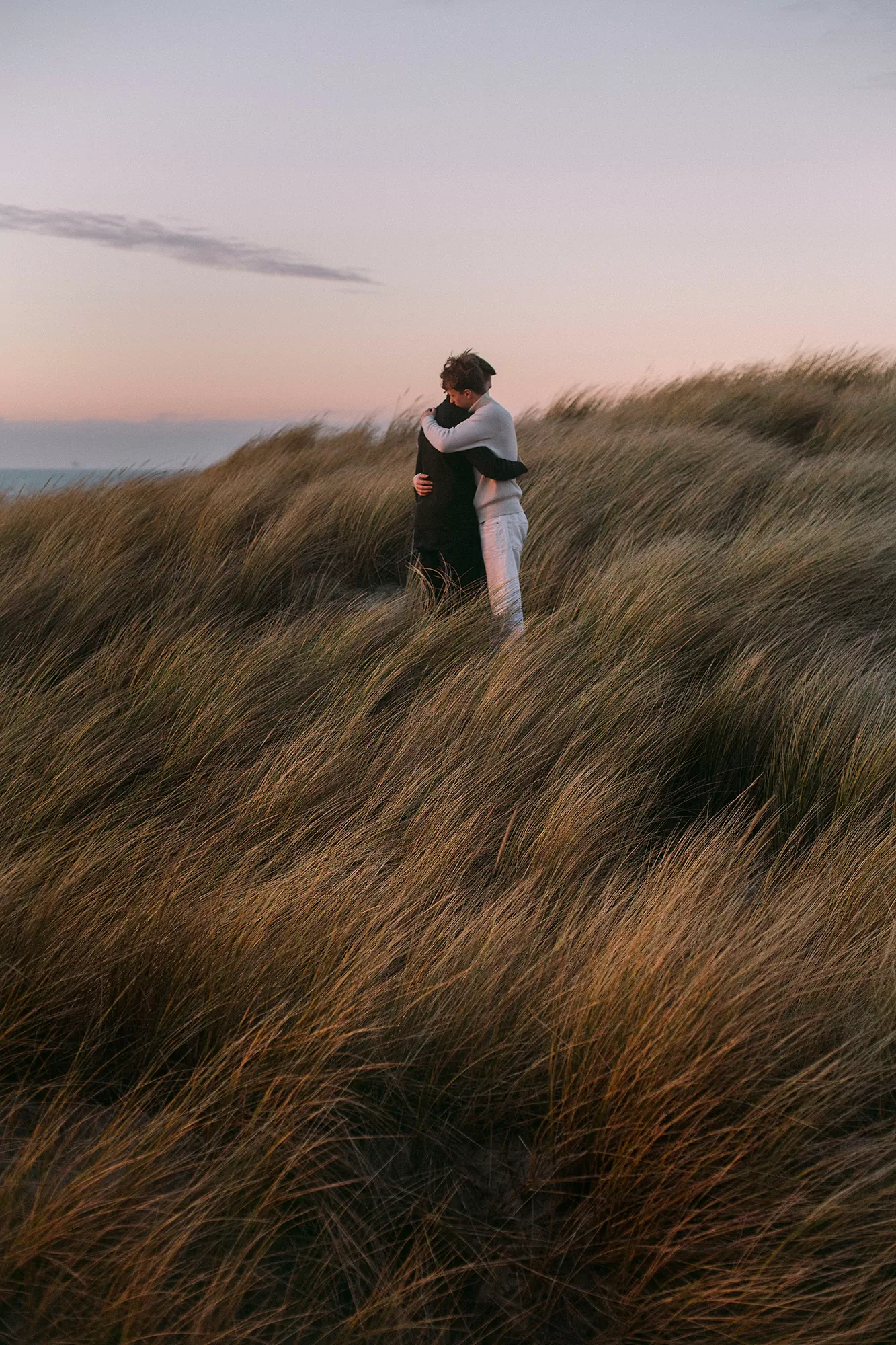
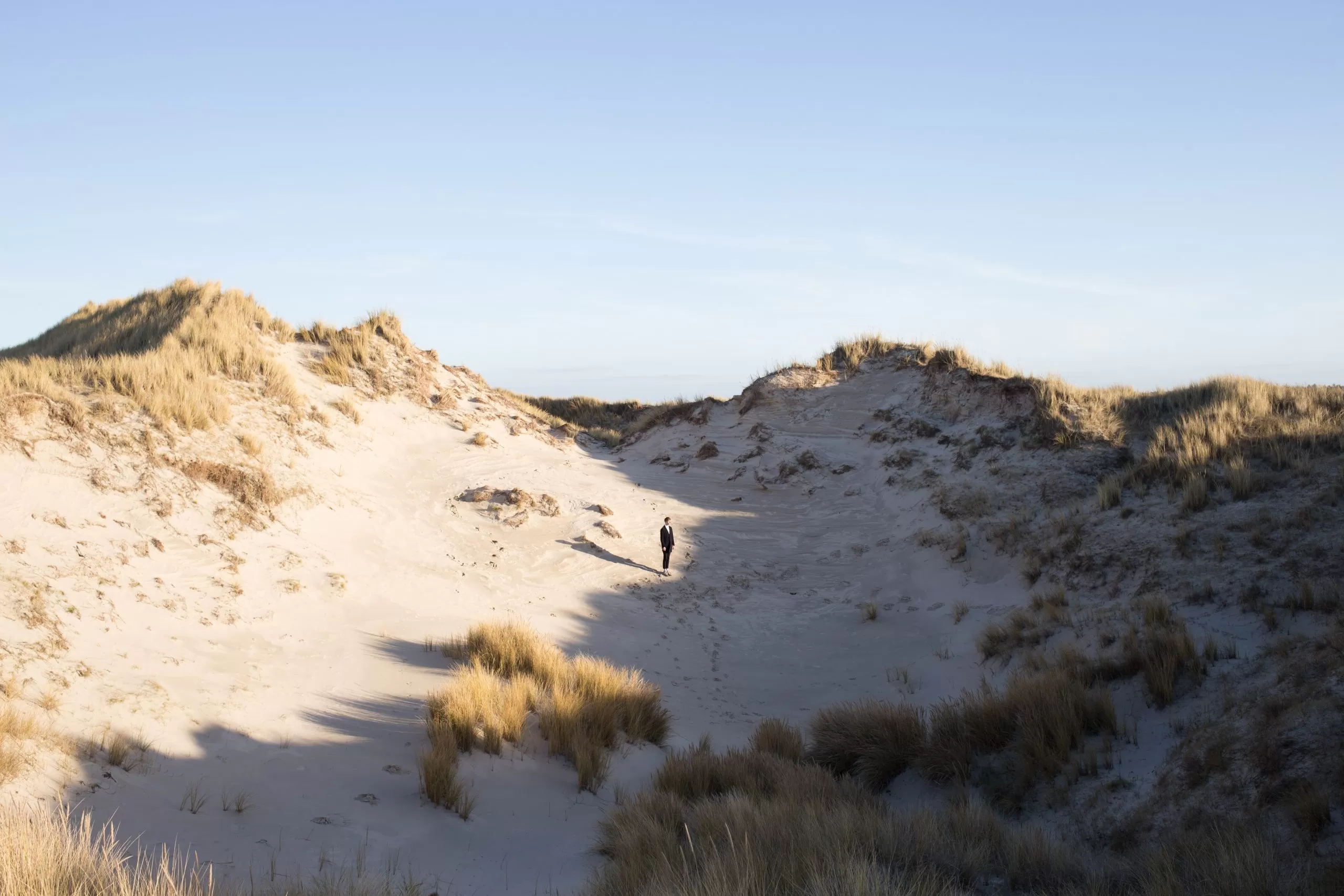
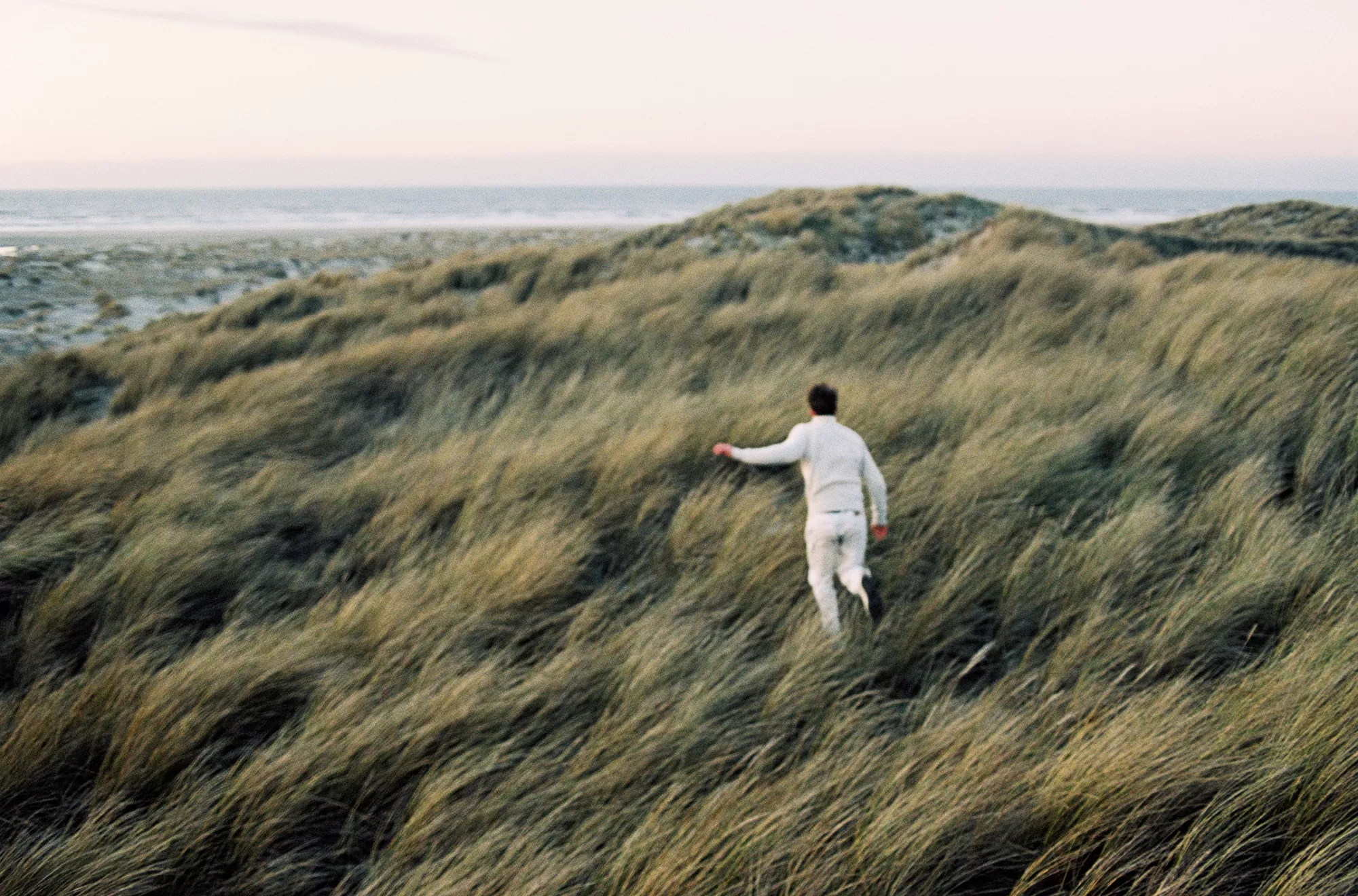
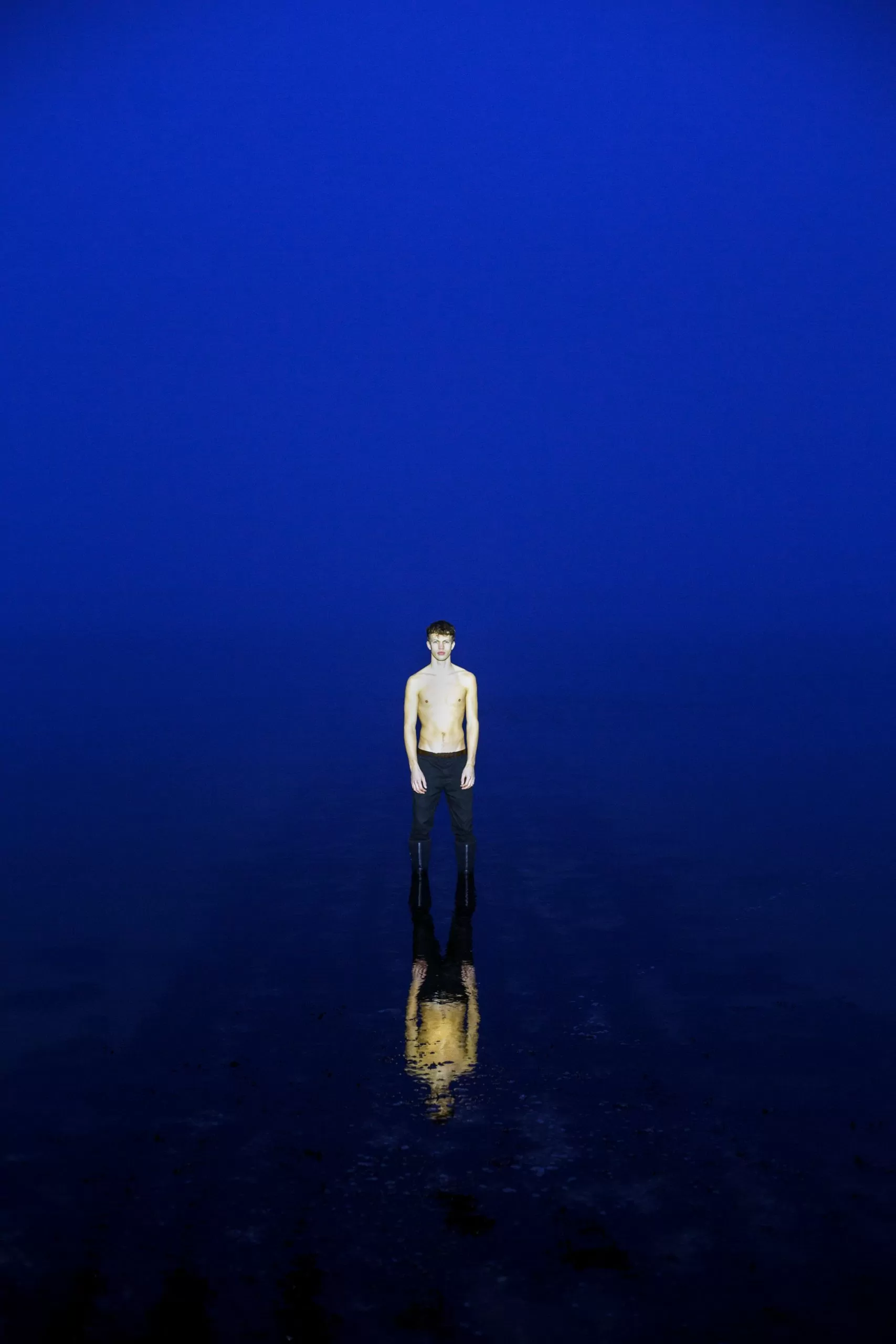
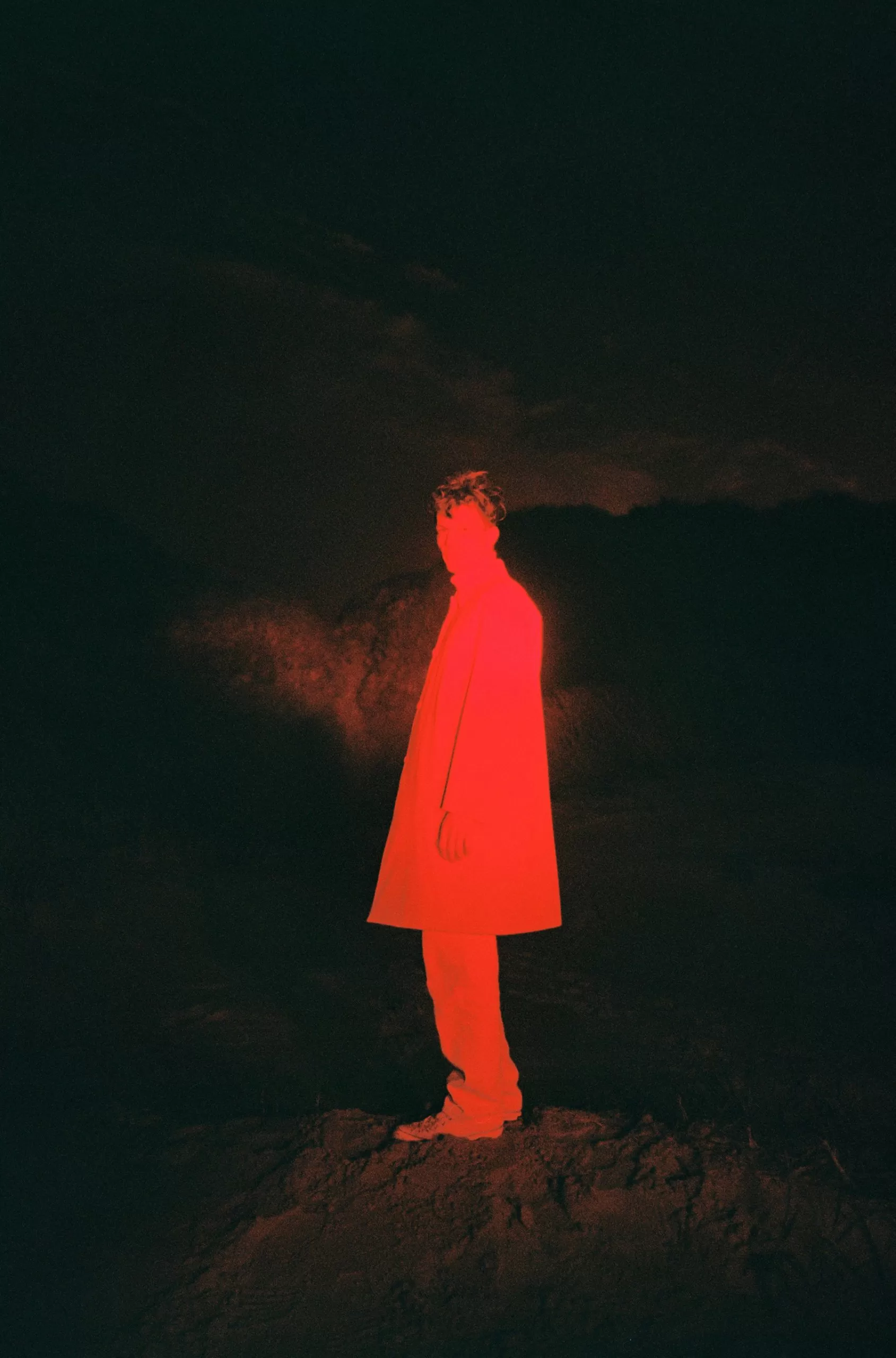
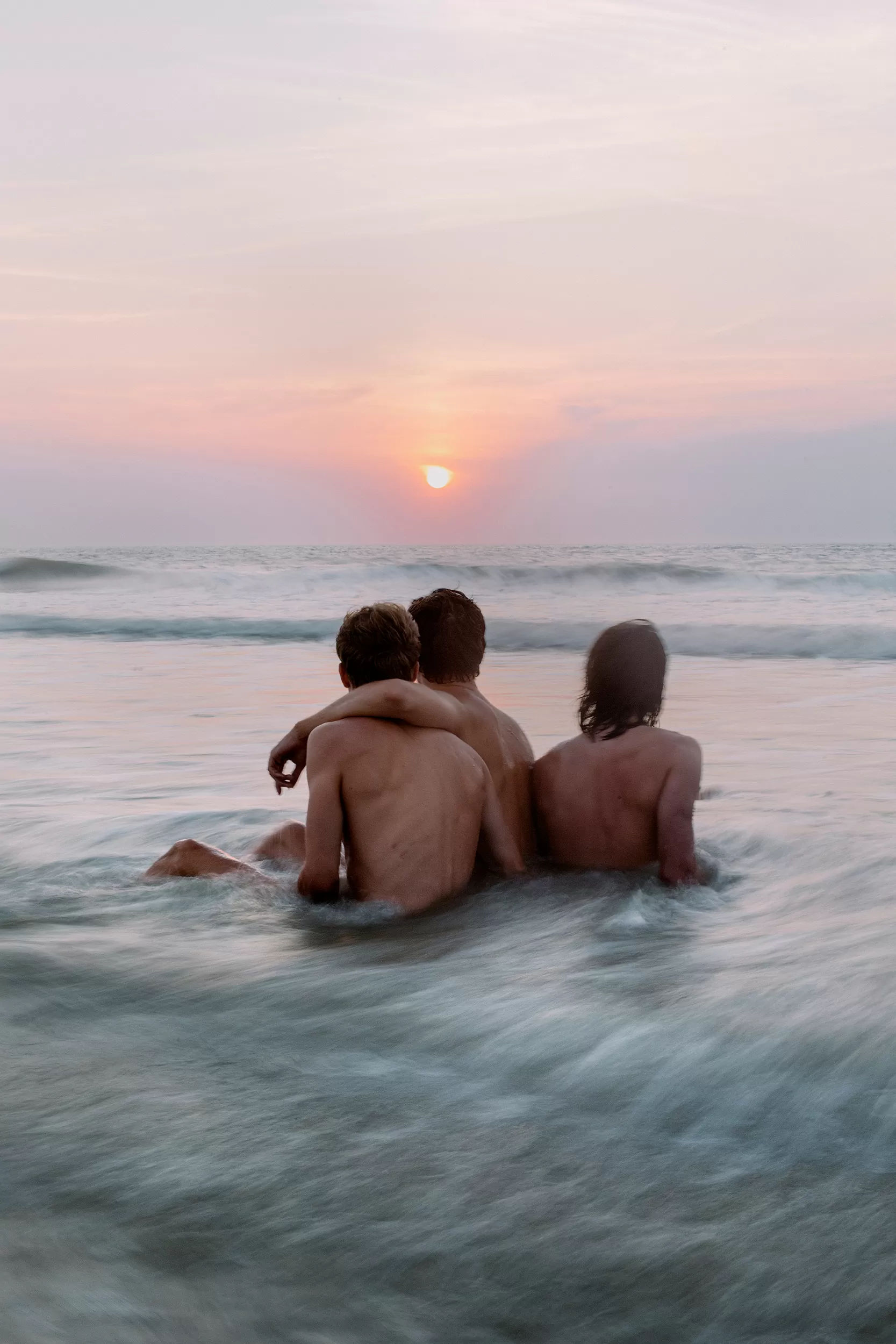
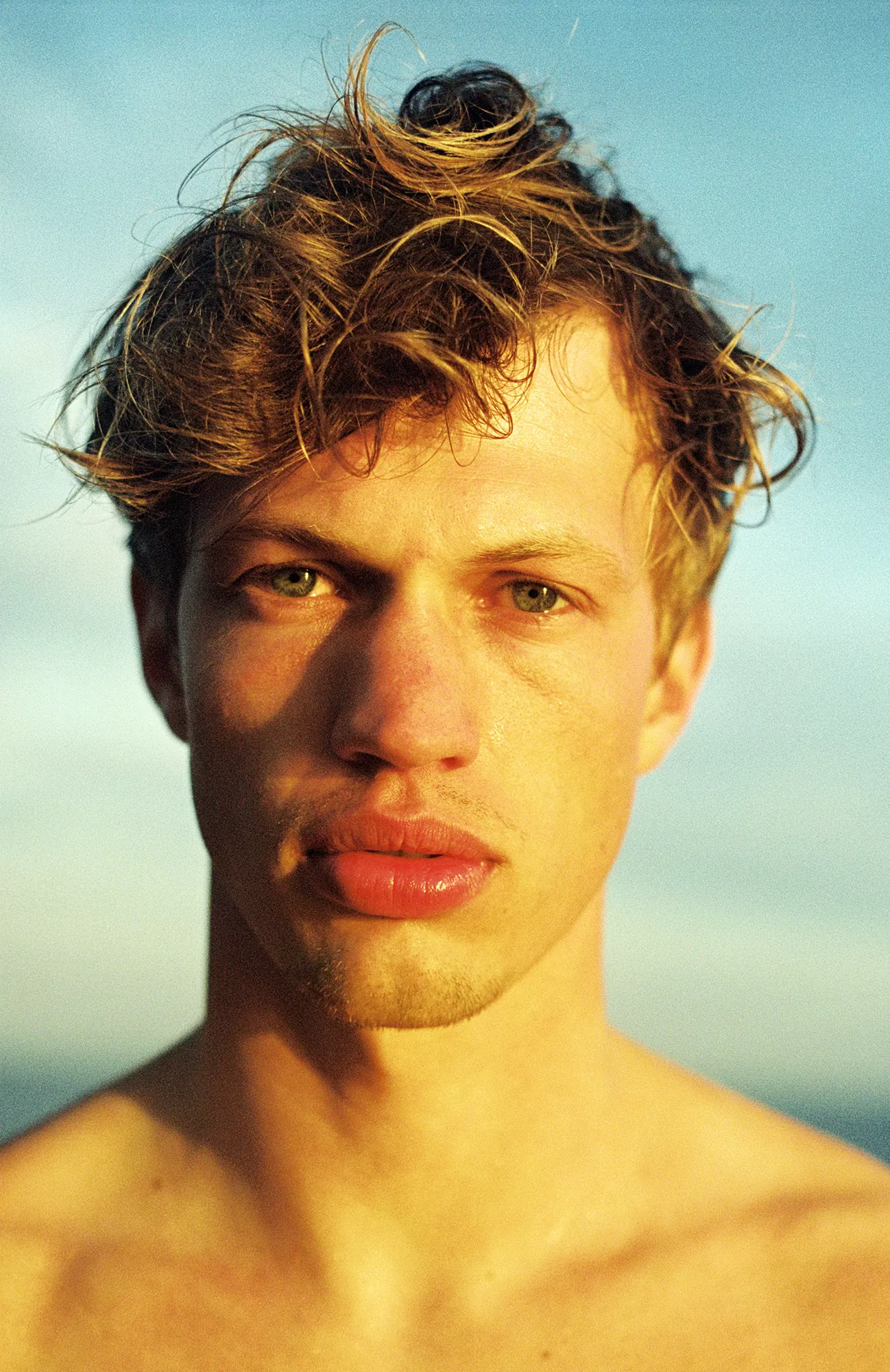
David van Dartel
David van Dartel (1995) is a Dutch photographer based in Rotterdam. Having grown up in a small village in the countryside, Van Dartel’s love of portraiture and landscape photography evolved naturally while he explored the fields and forests around him. His visual aesthetic is gentle yet atmospheric, with emotive photographs that depict the power of intimacy in our relationships.
